I’m currently in Africa, about to go gorilla trekking in the Bwindi Impenetrable Forest, a large primeval forest located in south-western Uganda on the border of the Democratic Republic of Congo (DRC). I’m looking at it out of my window as I write and it’s breathtaking: 207sq km of rainforest and one of the most biologically diverse places on earth. In addition to 220 species of butterflies, 348 species of birds and more than 1,000 flowering plant species, it’s home to about half the world’s population of mountain gorillas.
The Ugandan government cordoned off this area in the early 1990s to create the Bwindi Impenetrable National Park, along with a section of the nearby Virunga mountain range, now the Mgahinga Gorilla National Park. The idea was to create two safe habitats for these endangered creatures, as well as to promote high-end eco-tourism.
Gorilla trekking isn’t cheap: a permit costs $600 dollars a day, with the revenues going to the Uganda Wildlife Authority. Gorilla tourism also provides thousands of locals with their livelihoods, from the mountain guides to the staff of the lodges dotted around the perimeter of the parks. It’s widely regarded as a successful collaboration between conservationists, private tour operators and the Ugandan state. There is a human cost, however. When the parks were created almost 30 years ago, the indigenous population was kicked out and offered no compensation. They are known locally as the Batwa, but are commonly called ‘the Twa’ or ‘pygmies’.
The Batwa are the oldest surviving population of the Great Lakes region of central Africa and, in addition to Uganda, can be found in Rwanda, Burundi and the DRC. Traditionally nomadic hunter-gatherers, they have largely been displaced from their homelands and eke out an existence on the peripheries of the forests they used to inhabit. There were about 80,000 in 2000, but numbers are declining. They are effectively an endangered human population.
Could they have stayed in the Impenetrable Forest and the Virunga mountains? Probably not without endangering the gorillas. The Batwa have peacefully coexisted with mountain gorillas for tens of thousands of years, so there was little risk of poaching, but it would have been much harder for the Uganda Wildlife Authority to police the areas if they had remained. In addition, a process of deforestation, initiated by local farmers, was already under way in the early 1990s and if the government hadn’t fenced off the area it would have been difficult to stop that — and the Batwa might have been evicted anyway.
Finally, it’s misleading to present the Batwa as living in a pastoral idyll until they were displaced. Anthropologist Colin Turnbull published The Forest People in 1961 about the Mbuti, a neighbouring group of pygmies, in which he described the generally negative consequences of this ancient tribe coming into contact with more modern Africans. Among other things, they picked up diseases their immune systems couldn’t cope with, and the same is true of their Ugandan cousins. Some of these diseases can cross the species barrier, and there would have been a risk of the mountain gorillas being infected had they been allowed to remain.
Still, the fact that the Ugandan government offered them no compensation is scandalous. Earlier in the week, I went golden monkey trekking in the Mgahinga Gorilla National Park and met some Batwa families who have been provided with homes by Volcanoes Safaris, the tour company I was with. This community was about 100-strong and relatively well off, but they were pretty forlorn nonetheless. I asked one of the older members of the group what he missed most about the forest, and he said the fresh honey. ‘Life was a lot simpler then,’ he added, through an interpreter. ‘The hardest thing is not having access to all our sacred places, like particular trees and rocks. Those were our places of worship.’
The Batwa of south-west Uganda are not entirely friendless. In addition to Volcanoes Safaris, a couple of American missionaries called Scott and Carol Kellermann have purchased land for them and set up schools, hospitals and clinics. There’s also the United Organisation for Batwa Development in Uganda. You can make a donation via the Forest Peoples Programme on JustGiving.
Got something to add? Join the discussion and comment below.
Get 10 issues for just $10
Subscribe to The Spectator Australia today for the next 10 magazine issues, plus full online access, for just $10.
You might disagree with half of it, but you’ll enjoy reading all of it. Try your first month for free, then just $2 a week for the remainder of your first year.


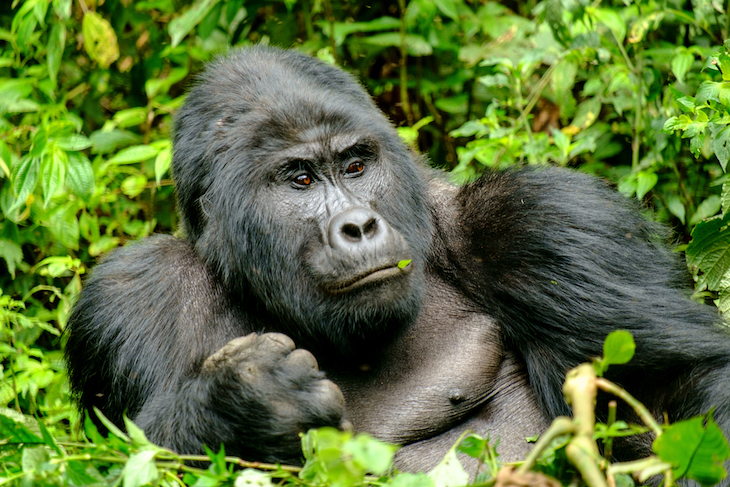

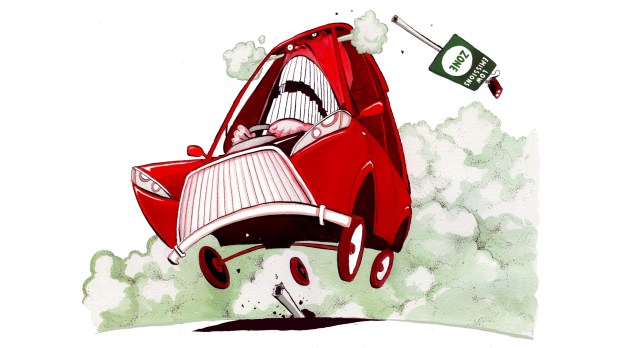
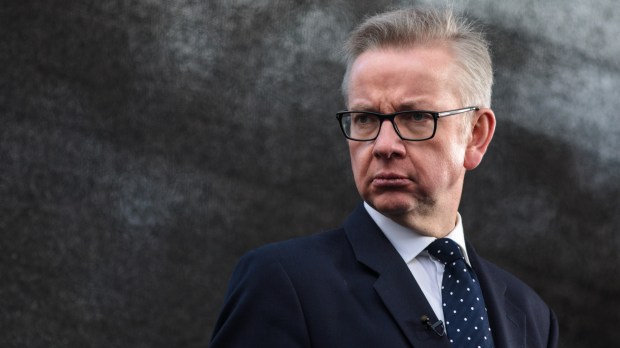

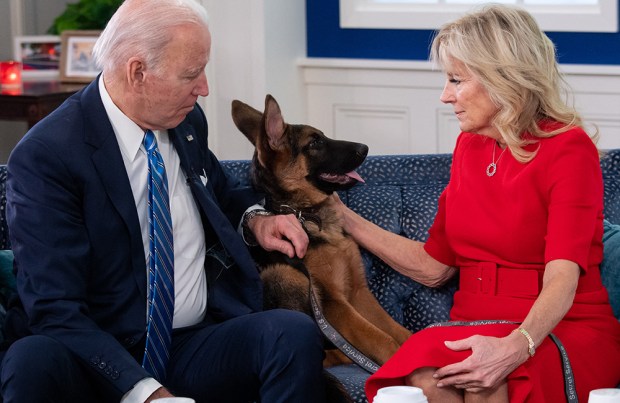
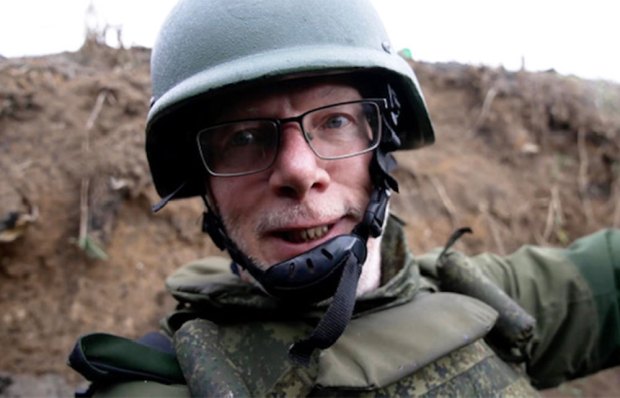






Comments
Don't miss out
Join the conversation with other Spectator Australia readers. Subscribe to leave a comment.
SUBSCRIBEAlready a subscriber? Log in